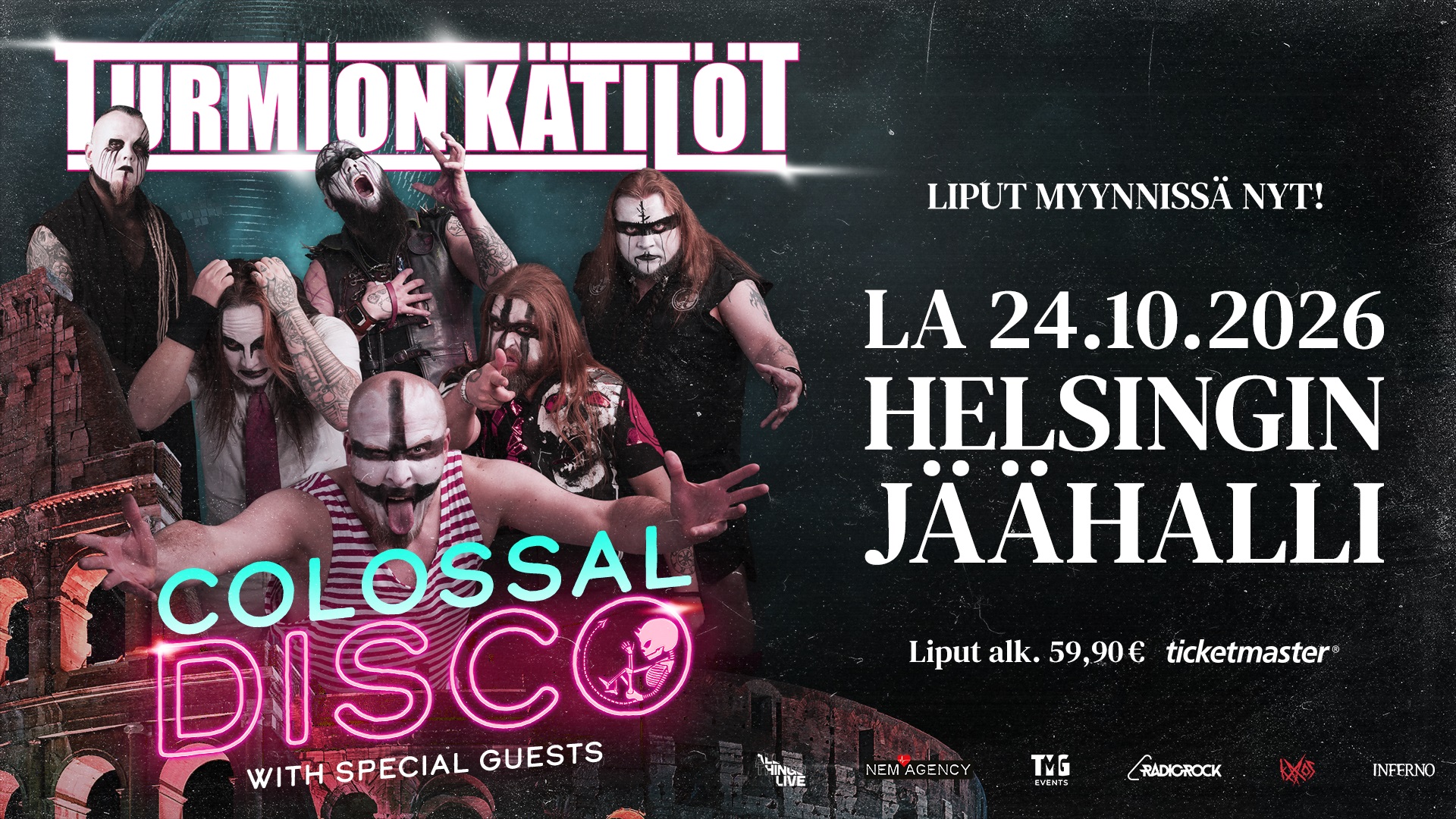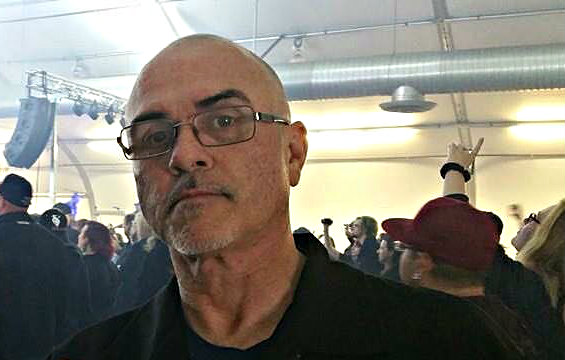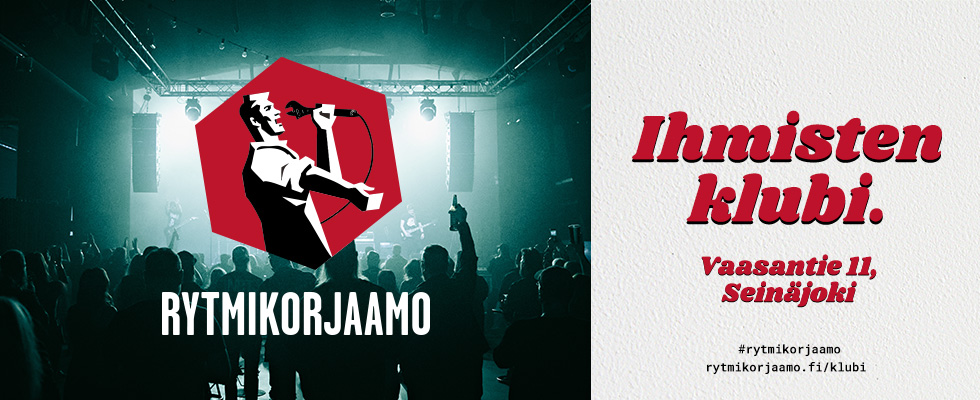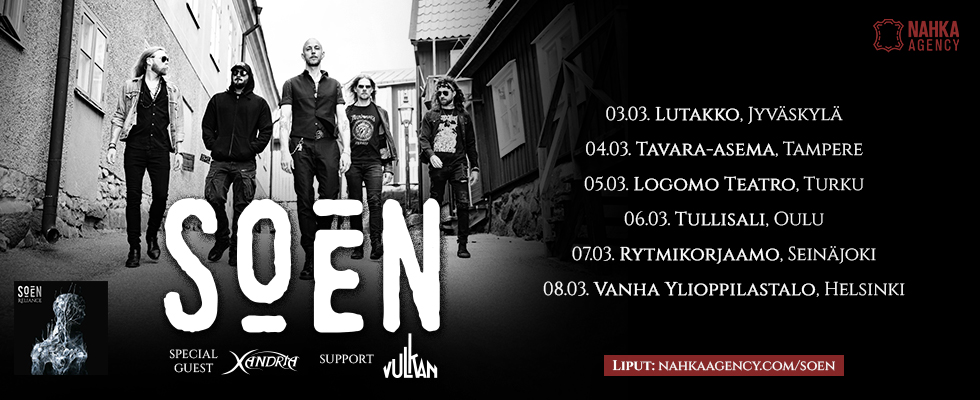Bay Area thrashin veteraanin Vio-Lencen laulajalla maksakirroosi: tarvitsee maksansiirron pikaisesti
Yhdysvaltalaisen Bay Area thrashin ensimmäisiin yhtyeisiin lukeutuneen Vio-Lencen laulajalla Sean Killianilla on todettu neljännen asteen maksakirroosi. Neljäs aste on asteikolla pahin ja siihen päädyttäessä elinaikaa on ilman maksan siirtoa vuodesta kolmeen vuoteen. Seanin vaimo Dana Rivero Killian on paljastanut asian tuoreessa Thrash Zonelle antamassaan haastattelussa ja kertonut aiheesta seuraavaa:
”My husband Sean is very, very ill. He has, I guess what they call, endstage or the last stage it could possibly be at, liver disease, which is cirrhosis of the liver. And right now, his only cure is obtaining a new liver.
Artikkeli jatkuu mainoksen jälkeenMainos päättyy”This all came on real suddenly and real fast — within the past year — and it’s a tremendous blow on our family, financially and emotionally, and just… as you can imagine, crazy to hear stuff like this. Luckily, he was accepted into the UCSF [Liver] Transplant Program over at the [UCSF] Medical Center there in San Francisco, which is one of, if not the, leading transplant centers in the nation with, I think — I don’t wanna quote exactly — but I believe they have the highest success rate. So we’re really [glad] that he got into that program. And right now, as he stands now, he is eligible for a live donor transplant.”
Live Donor Liver Transplantation (LDLT) is a procedure in which a live donor gives a portion of his or her liver to a family member or friend in need of a liver transplant. ”What that means is a person who is a match doesn’t have to be a family member [because] family members are no more likely to be a match than any random person. I know a lot of people think that, because of genetics, that’s the case, but it really isn’t. So what that means is a person who says, ’Yeah, I’ll donate a portion of my liver,’ what that person does is goes through a questionnaire, which is an online questionnaire through UCSF, and then, of course, they determine whether they’re a match, and then if they are, then they go through all the education and counseling and all that. And should they find it in the kindness of their heart to donate a portion of their liver, we — meaning Sean and our family — we’d take on the burden and responsibility of that cost. It is no cost to the donor, of course; they are doing us a big favor.”




